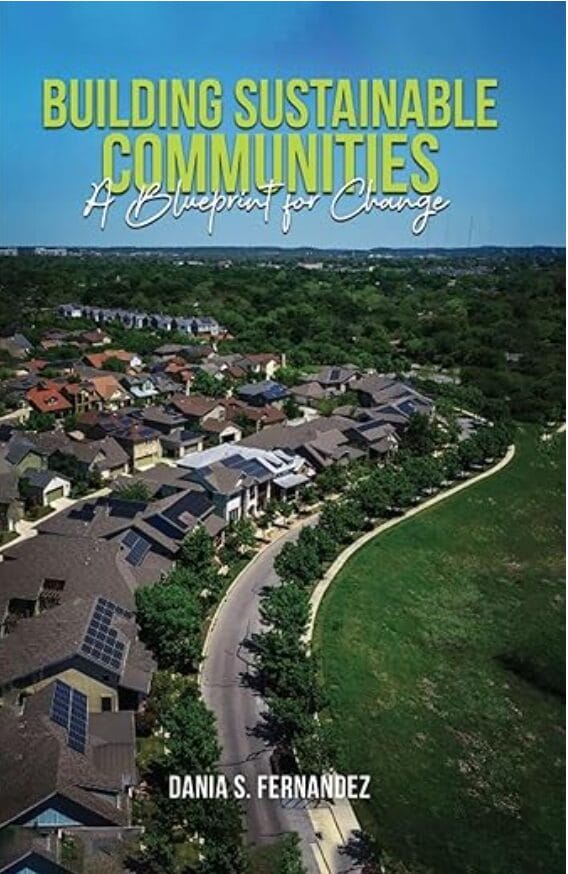
CC&Rs aren’t meant to stay relevant forever – as society evolves, so do HOA laws. If and when your board decides to change or amend an existing bylaw, you will need to ensure it’s done properly and is legally compliant.
Because declarations and bylaws are considered legal documents, you will need an attorney to review any revisions. In some very rare cases, you will not need an attorney to amend a law. This is only when an introduced law is simple, non-contradictory, and written properly.
Why Attorney Review is Crucial
Having an attorney guide and review any amendments or newly introduced laws will save you time, effort, and stress. You’ll want to start the process by working with an attorney to ensure you steer clear of errors and contradictions in your new rule or amended bylaw.
We recommend getting referrals for attorneys from other HOAs, as well as checking the attorney’s references before working with them.
Start By Drafting Your Revision or New Law + Notice of Proposal
In your drafted statement, proposed changes should be written clearly and concisely. Your notice of proposal should be sent 10-30 days before the next anticipated board meeting and should include the drafted proposed rule change, description of the purpose, and any effects the rule change or new law may implement.
It’s also a good idea to tell property owners about any proposed CC&R amendments at this time.
Get Approval
Now is the time to host a meeting where the board will seek to get approval for the new amendment or rule. At this time the floor is open to homeowners who may have questions regarding the proposed new rule or amendment. Following the meeting and upon approval of the change, notice must be sent to the community listing out the details and effects now implemented.
For more advice or assistance on changing CC&Rs in Florida, get in touch with our team at Fernandez Law today.



A POA has a attorney file the MRTA for the community and the old CC&Rs reflect old dues. After a FOIA search there were no legally amended docs reflecting an increase in annual dues. Would the increase be legal and binding? Thank you.
No one has explained the cost of rewriting the CC&Rs. Is it based on size or a flat fee. We are in the 24th year of our 42-page document. I suspect removing the builder’s references, it might be half that size.
I feel it should be included in the budget for next year.
I own a condo in a 18 unit bldg. 6 different floor plans, 700, 900 and 1200 sq ft. The smaller units are paying the same for HOA ins costs as the larger units. The owners of the smaller units would like to make an amendment to the C C & R to pro rate ins costs according to square footage. I proposed this at a board meeting and they refused to address. Is this worth pursuing?